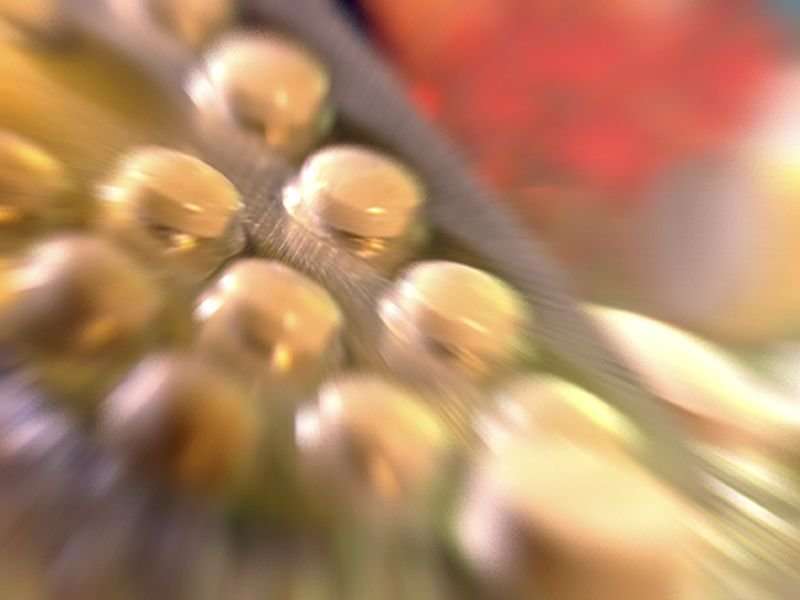Stair-step clomiphene reduces time to ovulation in PCOS

(HealthDay)—The stair-step clomiphene protocol is associated with decreased time to ovulation for women with polycystic ovary syndrome (PCOS), according to a study published online Dec. 4 in Obstetrics & Gynecology.
Kristin A. Bendikson, M.D., from the University of Southern California in Los Angeles, and colleagues conducted a retrospective study involving 109 women with PCOS who were resistant to an initial starting dose of 50 mg clomiphene. If no ovulation occurred, patients received higher doses of clomiphene each subsequent month in the traditional protocol (66 women). In the stair-step protocol, women were given higher doses of clomiphene seven days after the last dose if no dominant follicles were seen on ultrasonography (43 women).
The researchers found that the time to ovulation was decreased in the stair-step versus the traditional protocol (23.1 ± 0.9 versus 47.5 ± 6.3 days). Compared with the traditional group, the stair-step group had increased ovulation rates at 150 mg (37 versus 12 percent; P = 0.004) and at 200 mg (21 versus 5 percent; P = 0.01). Once ovulation was achieved, pregnancy rates were similar (18.1 versus 16.3 percent; P = 0.08). The incidence of mild side effects was increased in the stair-step protocol (41 versus 12 percent).
"For women with PCOS, the stair-step clomiphene protocol is associated with decreased time to ovulation and increased ovulation rates at higher doses when compared with the traditional protocol," the authors write.
More information: Abstract/Full Text (subscription or payment may be required)
Copyright © 2017 HealthDay. All rights reserved.


















